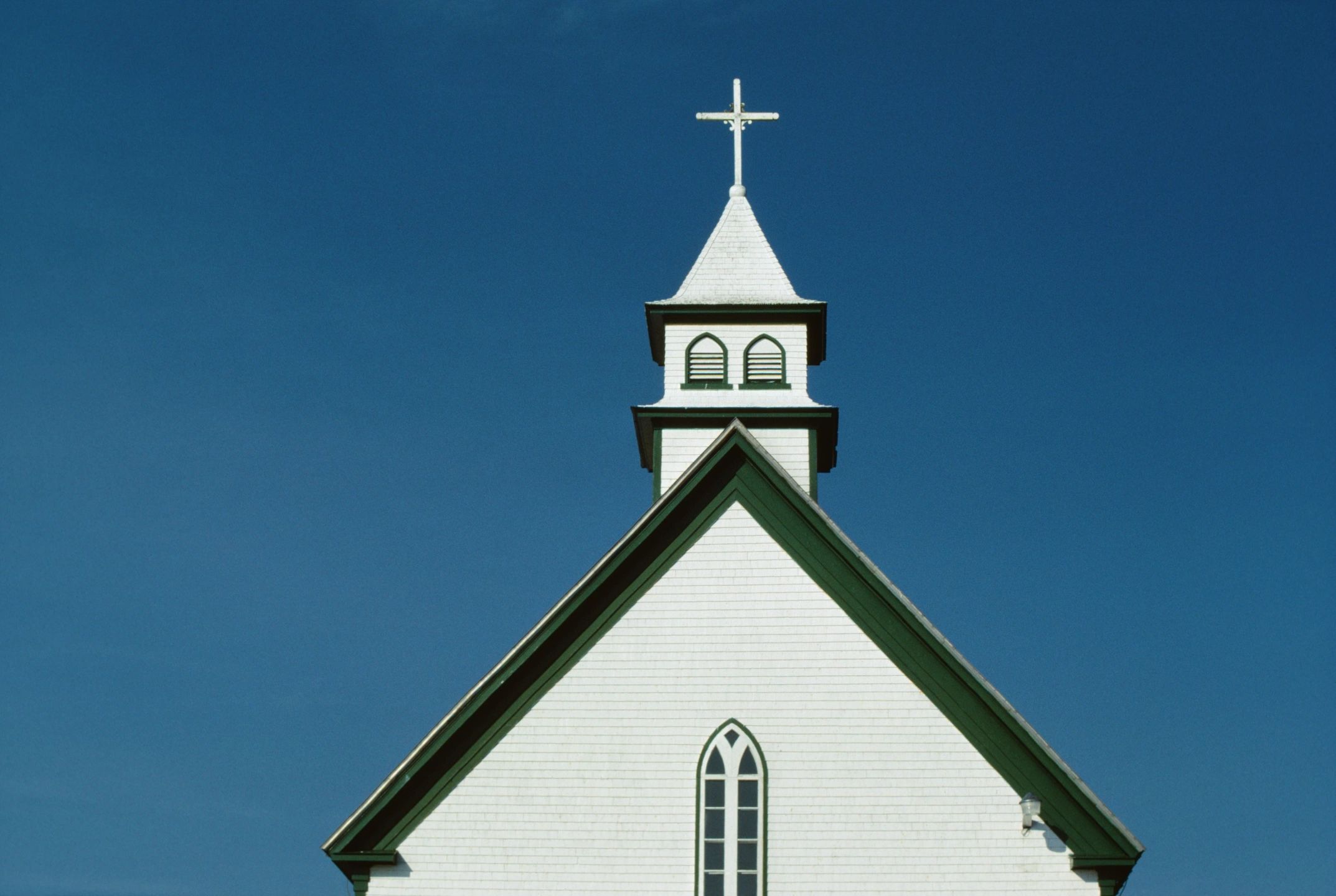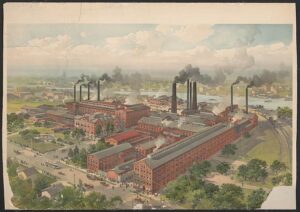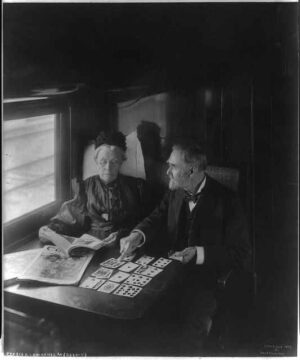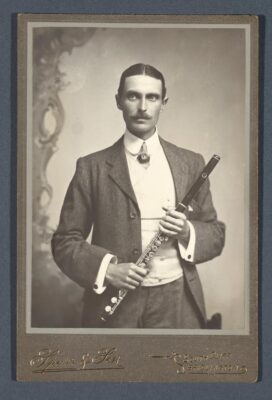Southern Legitimacy Statement: I grew up in Lexington, Kentucky. My father grew up in Strawberry Holler, Wayne County, Kentucky. My mother’s father was a coal miner in Eastern Kentucky. Neither of them were much on church, but going was part of the culture. Mostly the sermons were boring, but this story’s about one that scared the bejesus out of me.
Choice
I slouch indifferently in hard polished pews at the Baptist Church. I’m here because my parents decided to come, which means I come with them. I’m probably around 12 years old, the age between everything. I hear a tap on the microphone.
“This morning, we have a guest preacher.”
I’ve been daydreaming, but something electric in those words makes me look up. The pastor circles from behind the pulpit and gestures back and to the left where a black-haired square-shaped man rises from a row of chairs in front of the choir loft. The pastor is telling everyone where the preacher attended Bible college. He’s describing the preacher’s ministries and accomplishments. But what sticks out to me like a swollen pimple in the middle of a forehead is the way the pastor sinks into himself, making himself physically smaller in deference to the preacher, the way a small dog rolls over to expose his belly to an alpha dog.
The guest preacher approaches the pulpit carrying his Bible in front of him with both hands like it’s a jack-in-the-box. His face is stern. I sense he maintains a distance from whatever it is he’s about to do, and that distance is a secret that gives him power. He sets the Bible on the lectern. He opens it but doesn’t turn pages. He’s looking at it but doesn’t seem to be reading. The silence is awkward, but he has everyone’s attention. He raises his eyes and looks out at the congregation.
“It’s not fashionable to talk about hell. It makes people uncomfortable. But hell is a real place and God created it. We know that because the Bible says God created everything. Why would God create hell?”
The preacher pauses, as if waiting for someone to answer his question. Then he throws his hands in the air, making his body the letter “Y”, and shouts –
“Hell is real!”
He begins speaking fast, loud, continuous, a firehose full blast, rocking a little from side to side as he summons hell to the enclave where we are pinned down, unable to escape.
“Pride compasseth them about as a chain, violence covereth them as a garment! Where the worm never dies and the fire is not quenched. Hell is forever! The fire is forever!”
I don’t want to hear his words, but I have no choice. They fill the sanctuary like tear gas. There is power in his voice and the words penetrate my brain, reverberate in my body. He stands in front of the podium, looks at the ceiling. He is acting out the fate of those condemned to hell.
“They will look to heaven and beg God to save them or kill them, but they won’t be able to die and no one will save them. They will cry, I was a good person, I don’t deserve this, but their arguments will not prevail. They will be utterly lost and burn in the fires of hell forever! All because they failed to accept Jesus Christ as their personal savior.”
He exudes hopeless, intense suffering. I feel it, too, and feel like something has hooked into the back of my spine. He pauses, changes demeanor to a more measured character, not one in hell but one standing outside hell, observing. He looks at us.
“Why did God create hell? He did it for you, to give you a choice. Accept Jesus or burn in hell. It’s your choice.”
I am terrified. As the organist plays the altar call, for the first time I feel tugged. Hell is real and I don’t want to go there. If I answer the altar call, I know it will change my life. I will be committed, but to what I don’t know. My fear fades during the second verse, more in the third, and the hook in the back of my spine loosens. Some people have gone down. The song is over and I wonder if I’ve made the right choice.
The preacher’s face has become mild and kind, gentle, so different from the powerful hellfire that filled the sanctuary just minutes ago. I wonder at the contrast. How could the preacher be so different now? His mild and gentle face is kind. But then, looking closely, I notice something else barely detectable.
A tiny smirk.







